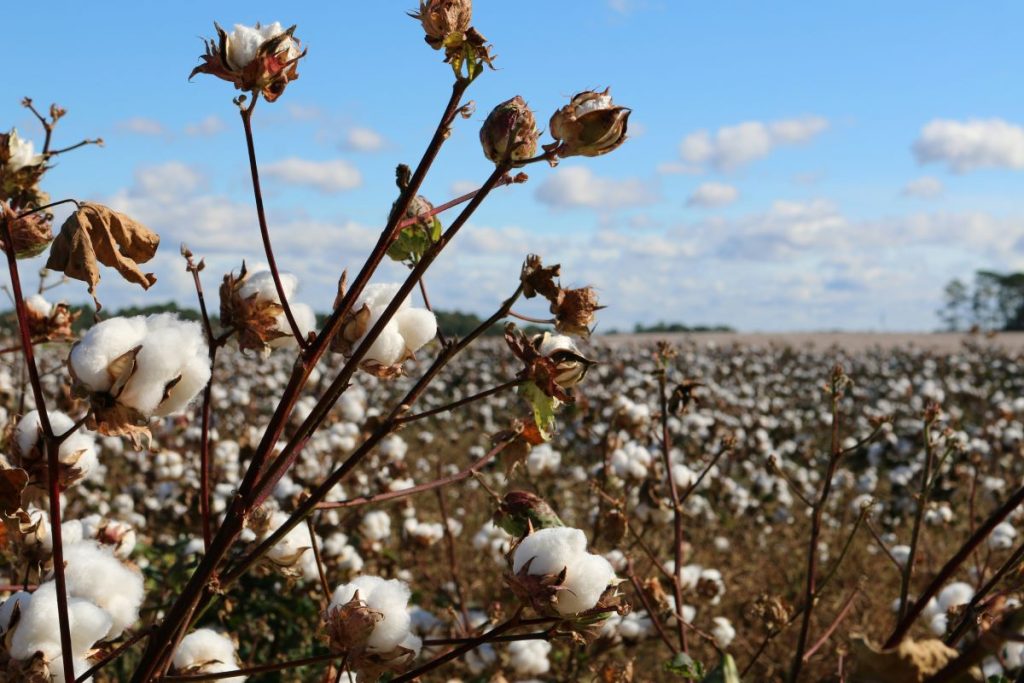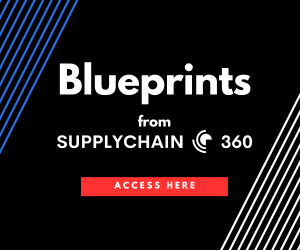Largest Expansion of UFLPA Entity List Targets Xinjiang Region’s Cotton and Critical Minerals
U.S. Cracks Down on Forced Labor with Major Expansion of UFLPA List
The U.S. Department of Homeland Security (DHS) has intensified its efforts to combat forced labor by banning imports from 37 Chinese companies tied to allegations of exploiting workers in the Xinjiang region. This marks the largest expansion of the Uyghur Forced Labor Prevention Act (UFLPA) Entity List since the law’s inception in 2021. The UFLPA prohibits imports of goods produced in Xinjiang or by companies flagged for forced labor practices.
Xinjiang, a region supplying approximately 20% of the world’s cotton, has faced increasing scrutiny from the U.S. and European Union over human rights concerns. The Biden administration has described the use of forced labor in the region as “systematic,” targeting religious and ethnic minorities. The latest additions bring the total number of entities on the UFLPA list to nearly 150.
Diverse Industries Impacted by UFLPA’s Latest Sanctions
The newly flagged companies span several sectors, including textiles, solar energy, real estate, and mining. Among them is Huafu Fashion, one of the world’s largest textile manufacturers, alongside 26 other firms in the cotton industry. These measures aim to disrupt supply chains tied to forced labor and uphold ethical sourcing standards.
Secretary of Homeland Security Alejandro Mayorkas emphasized the U.S. government’s commitment to human rights and fair trade, stating, “In adding 37 companies to the UFLPA Entities List, we again demonstrate our relentless fight against the cruelty of forced labor, our unwavering commitment to basic human rights, and our tireless defense of a free, fair and competitive market.”
Navigating New Compliance Challenges in Global Supply Chains
This move underscores the growing pressure on businesses to ensure transparency and compliance in their supply chains. Companies sourcing materials or products from Xinjiang or flagged entities must now navigate heightened regulatory risks and potential disruptions. For supply chain leaders, this serves as a critical reminder to prioritize ethical sourcing and diversify suppliers to mitigate exposure.
The expansion of the UFLPA list signals a clear message: forced labor has no place in global trade. As scrutiny intensifies, businesses must adapt swiftly to align with evolving compliance standards and consumer expectations.








